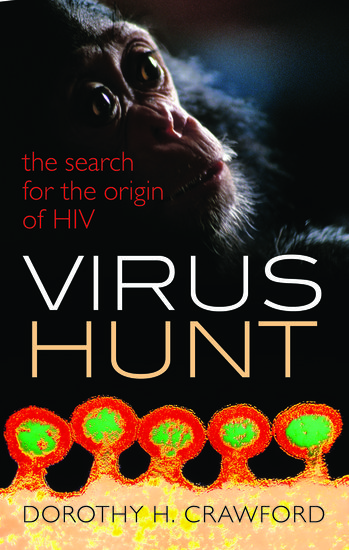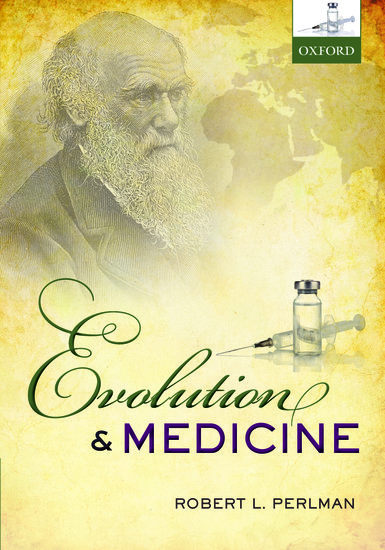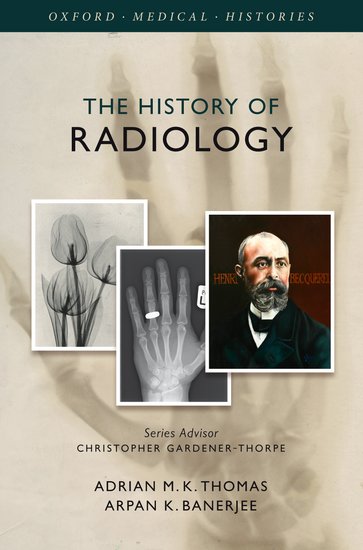Radiology training and education
By Alex Mamouria
The entire structure of the Radiology professional board exam, the last but crucial hurtle after eight years of post-graduate training, changed this year. The old exam, that in place for decades, had two discrete elements. First, a written exam that included imaging physics followed by an oral exam that reviewed only diagnostic imaging that was taken at the end of training.










